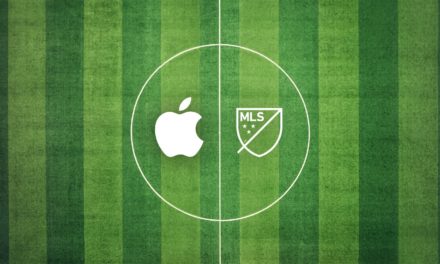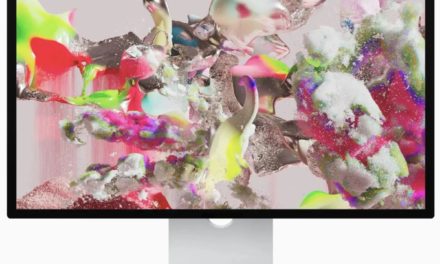The European Parliament has voted in favor of enforcing USB-C as a common charging port across a range of consumer electronic devices, including the iPhone, by the end of 2024. Starting spring 2026, this will also apply to laptops.
Here’s details from a press release by the European Parliament: Under the new rules, consumers will no longer need a different charger every time they purchase a new device, as they will be able to use one single charger for a whole range of small and medium-sized portable electronic devices.
Regardless of their manufacturer, all new mobile phones, tablets, digital cameras, headphones and headsets, handheld videogame consoles and portable speakers, e-readers, keyboards, mice, portable navigation systems, earbuds and laptops that are rechargeable via a wired cable, operating with a power delivery of up to 100 Watts, will have to be equipped with a USB Type-C port.
All devices that support fast charging will now have the same charging speed, allowing users to charge their devices at the same speed with any compatible charger.
MacRumors has listed the Apple products that currently feature Lightning but that will have to move to USB-C by the end of 2024 to comply with the new law.
- iPhone 15: first iPhone with a USB-C port, expected to launch in the fall of 2023
- Entry-level iPad: the only iPad that currently still features a Lightning connector
- AirPods Charging Case: all AirPods cases continue to feature the Lightning port
- Accessories: MagSafe Battery Pack, Magic Keyboard, Magic Trackpad, Magic Mouse, EarPods, and Beats products
Apple doesn’t necessarily like the idea. In a Jan. 31, 2019, filing, the tech giant said that regulations that would drive conformity across the type of connector built into all smartphones freeze innovation rather than encourage it. The company added that such proposals are bad for the environment and unnecessarily disruptive for customers.
In its filing, the iPhone maker said: More than 1 billion Apple devices have shipped using a Lightning connector in addition to an entire ecosystem of accessory and device manufacturers who use Lightning to serve our collective customers. We want to ensure that any new legislation will not result in the shipment of any unnecessary cables or external adaptors with every device, or render obsolete the devices and accessories used by many millions of Europeans and hundreds of millions of Apple customers worldwide. This would result in an unprecedented volume of electronic waste and greatly inconvenience users. To be forced to disrupt this huge market of customers will have consequences far beyond the stated aims of the Commission.
Beginning in 2009, Apple led industry efforts to work together to promote a common charging solution. And with the emergence of USB Type-C, we have committed alongside six other companies that all new smartphone models will leverage this standard through a connector or a cable assembly. We believe this collective effort by many of the industry’s leading companies is better for innovation, better for consumers and better for the environment.
Article provided with permission from AppleWorld.Today





